Animal Conservation Goes Far Beyond Protecting Your Favorite Animals
Published March 2 2021, 11:55 a.m. ET
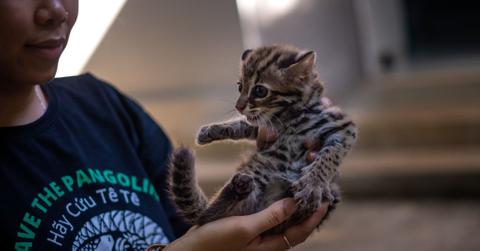
The term “conservation” is ubiquitous in the world of all things green. The actual definition is “prevention of wasteful use of a resource,” but conservation efforts go beyond preserving precious natural resources. They also include safeguarding different types of species, plants, and habitats on a global scale.
It may seem obvious what animal conservation (or wildlife conservation) is, but again, there’s far more to it than animal protection (although that is certainly a large part). Keep reading for more on the importance of animal conservation.
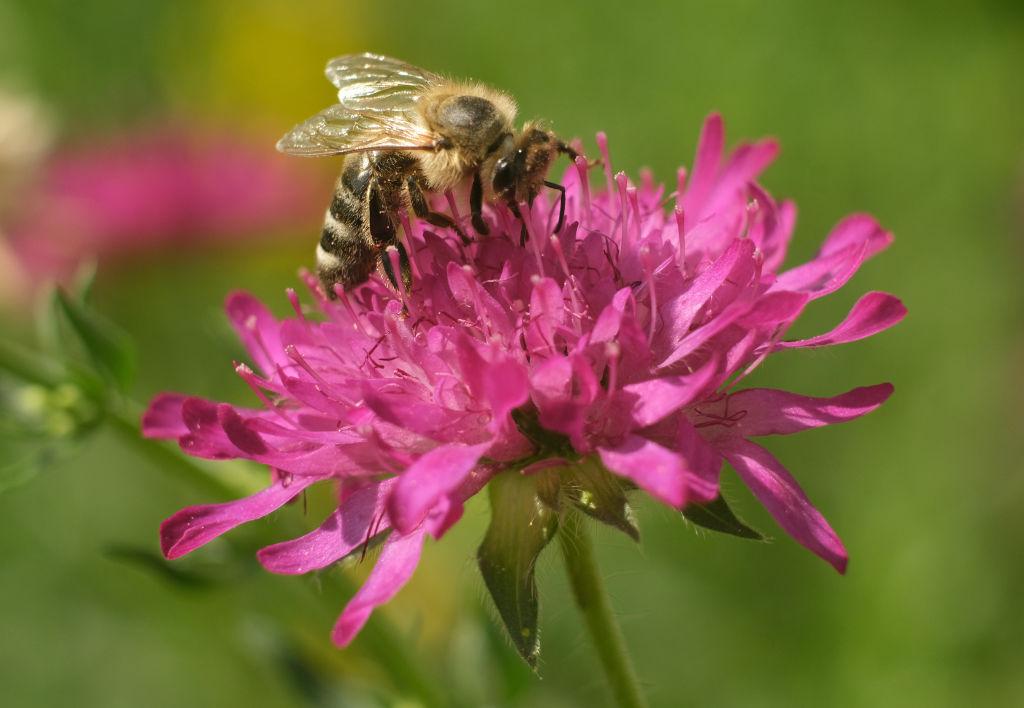
Here’s what makes animal conservation important:
Apart from saving animals of all kinds — which is no small feat — animal conservation also involves saving and restoring natural environments, as well as providing education and empowerment initiatives worldwide. There are many well-known global organizations that make animal conservation their mission, including the World Wildlife Fund (WWF), Wildlife Conservation Society (WCS), National Wildlife Federation (NWF), and more.
So why are these efforts so critical?
“Biodiversity, the vast array of plants, animals, and ecosystems, is the life support system of our planet and underpins the healthy ecosystems that provide us food, clean air and water, stable climate, and medicines,” the Global Wildlife Conservation shares. Further still, as the NWF shares of its mission, animal conservation is also about future generation and tomorrow’s world.
“By conserving wildlife, we're ensuring that future generations can enjoy our natural world and the incredible species that live within it. To help protect wildlife, it's important to understand how species interact within their ecosystems, and how they're affected by environmental and human influences.”
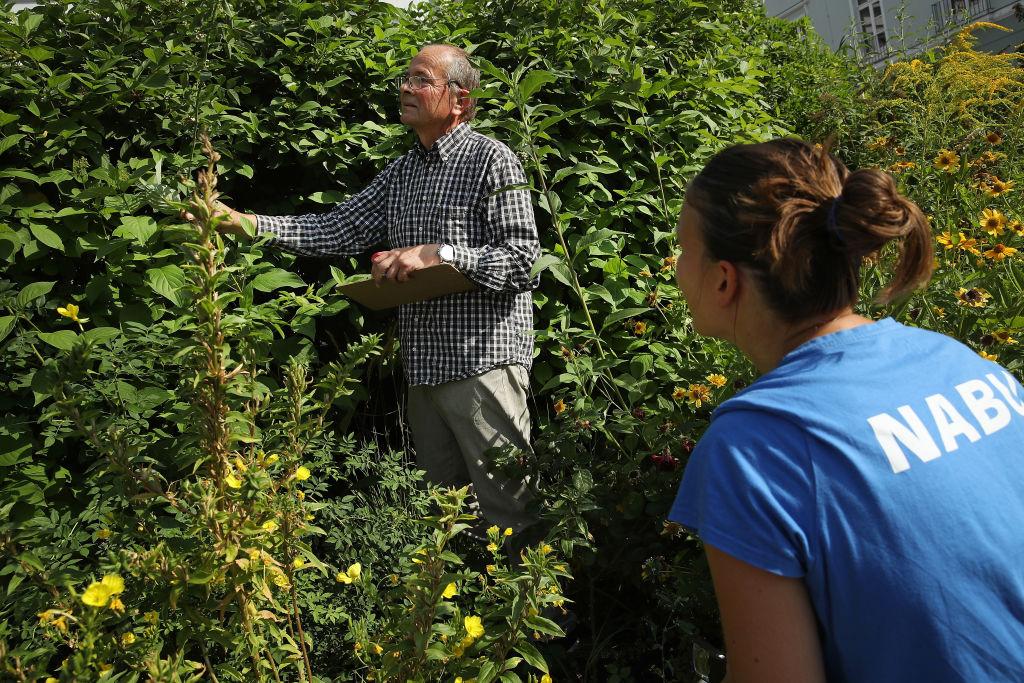
Animals create balance, stability, and well-being.
It’s important to consider the important part of environmental protection that animals of all kinds play. From pollinating crops and plants, to promoting healthy forests, acting as pest control, and even combating climate change, this is another reason that wildlife conservation is so important for the planet and its people.
From insects to mammals and sea creatures, animals of all kinds create a natural harmony and balance, that the Earth inherently relies on.
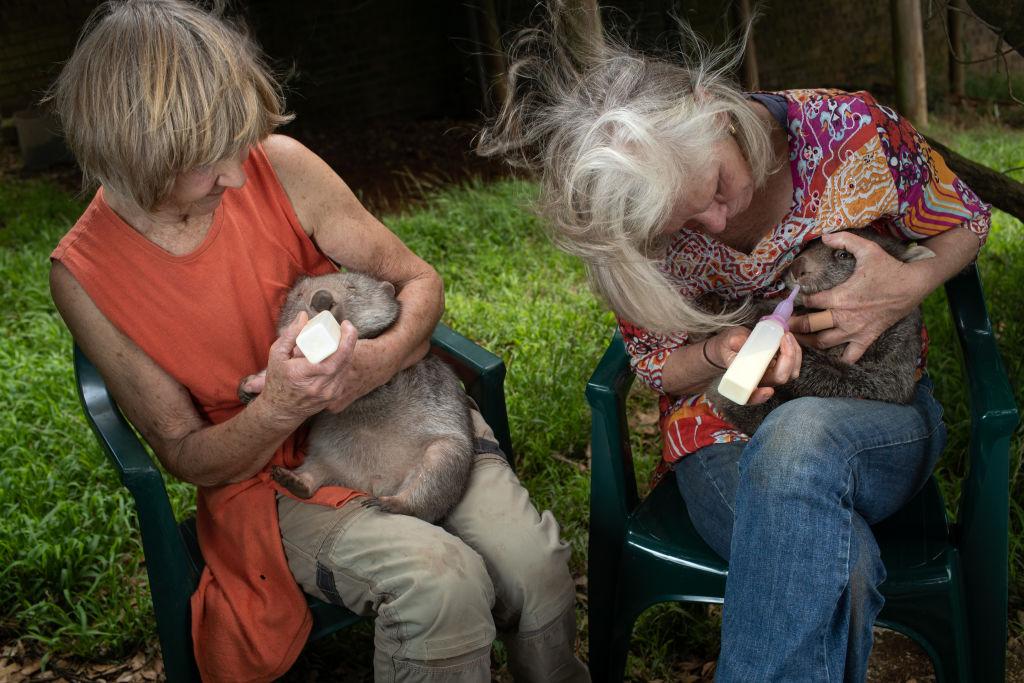
But scientists estimate “over two thirds of the animals and plants that once lived on Earth are now extinct."
As the WWF shares, “Humans are behind the current rate of species extinction...at least 100 – 1,000 times higher than nature intended. We’ve seen an astonishing 60% decline in the size of populations of mammals, birds, fish, reptiles, and amphibians in just over 40 years.” These are staggering stats, especially considering the irreplaceable value that animals bring to the natural world.
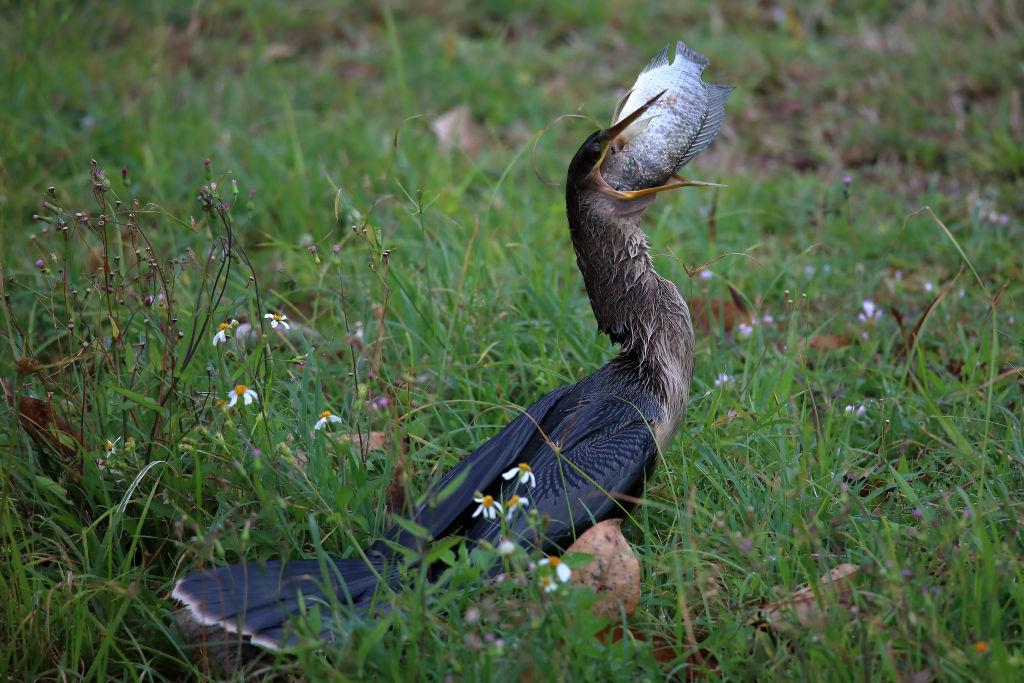
But what’s putting animals at risk in the first place?
We’ve looked at the importance of protecting different species, but it begs the question — why do they need protecting in the first place? Unfortunately, there are many harsh realities that put animal populations and their ecosystems at risk. This puts tremendous pressure on animals and their environments, and call for intervention and protection, including:
- Rising temperatures and changing weather patterns
- Pollution
- Bioaccumulation, where animals absorb chemicals stored inside their prey and transmit them up the food chain
- Deforestation
- Natural disturbances such as disease, drought, or floods
- Hunting and poaching
- Ever-growing human population
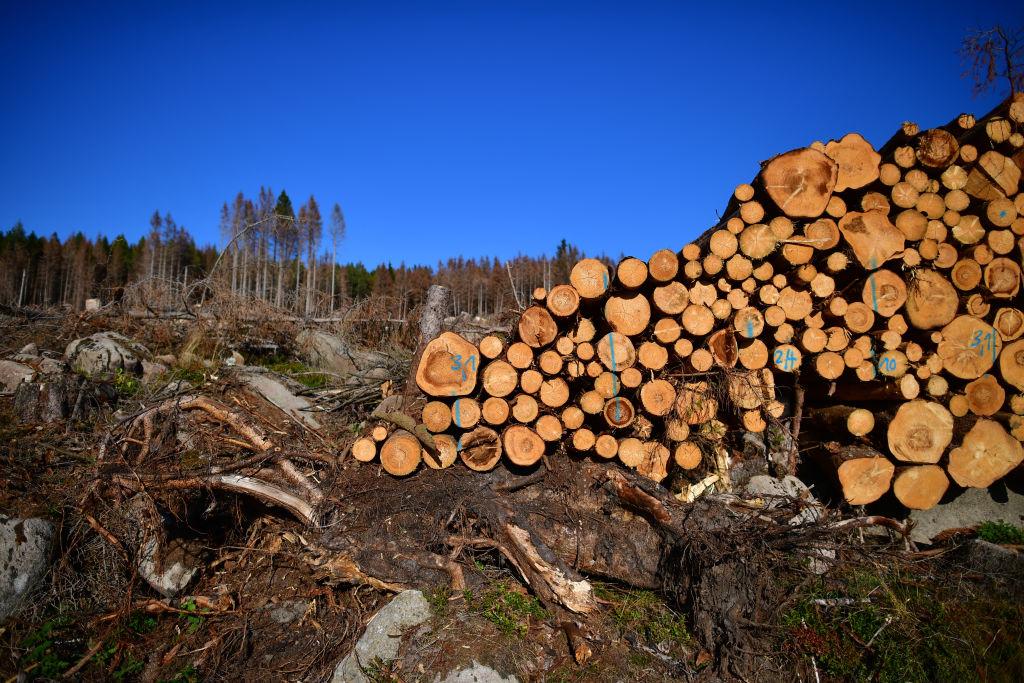
Here’s how these factors negatively impact animals.
Climate change is disrupting animal’s natural rhythms and patterns by throwing off signals they use for migration, hibernation, and more. Natural disasters, including increasingly severe storms and weather patterns, constantly threaten animals and their environments worldwide.
Further still, human influences harm animal populations through chemicals, pollutants, or changes to their habitats that force them elsewhere or threaten them altogether.
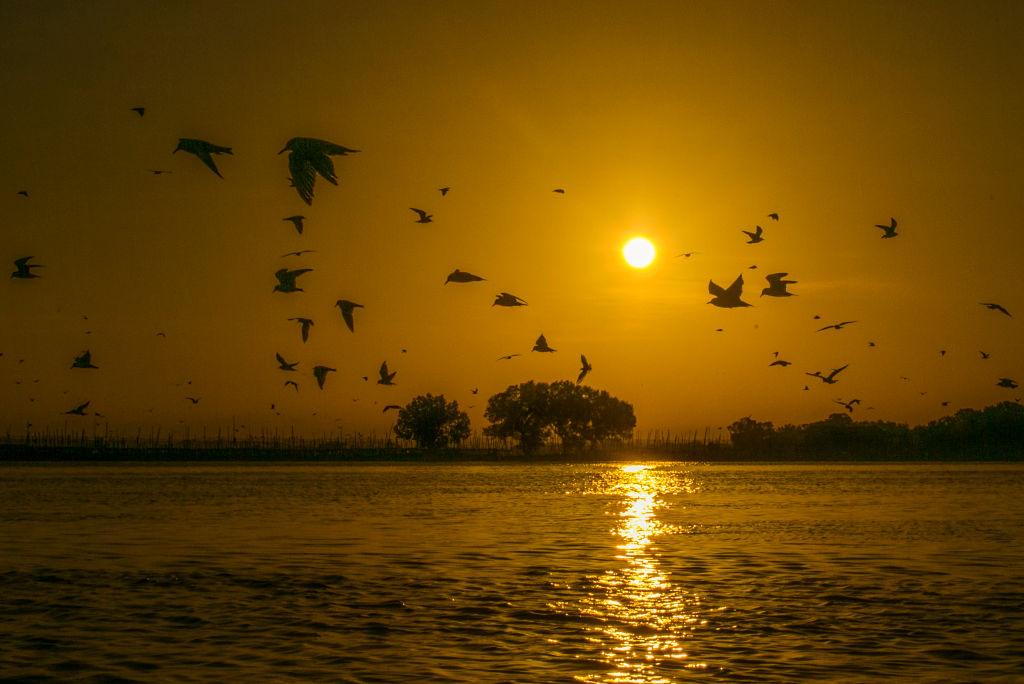
There are steps you can take to support animal conservation.
Fortunately, there are several simple ways you can support animal conservation. They include…
- Educating yourself on local and global conservation efforts
- Connecting with and sharing reliable animal conservation information via social media and other outlets
- Supporting policies and elected officials who back animal conservation initiatives, or encourage officials to support wildlife protection
- Offering monetary support or fundraising on behalf of credible wildlife conservation non-profits of your choice
- Making sustainable, energy efficient purchases and choices where possible
- Making greener living choices, big or small
In summary, there are many factors — both manmade and natural — that threaten animal species and habitats around the world. This is not a new phenomenon, but it is worsening as climate change progresses.
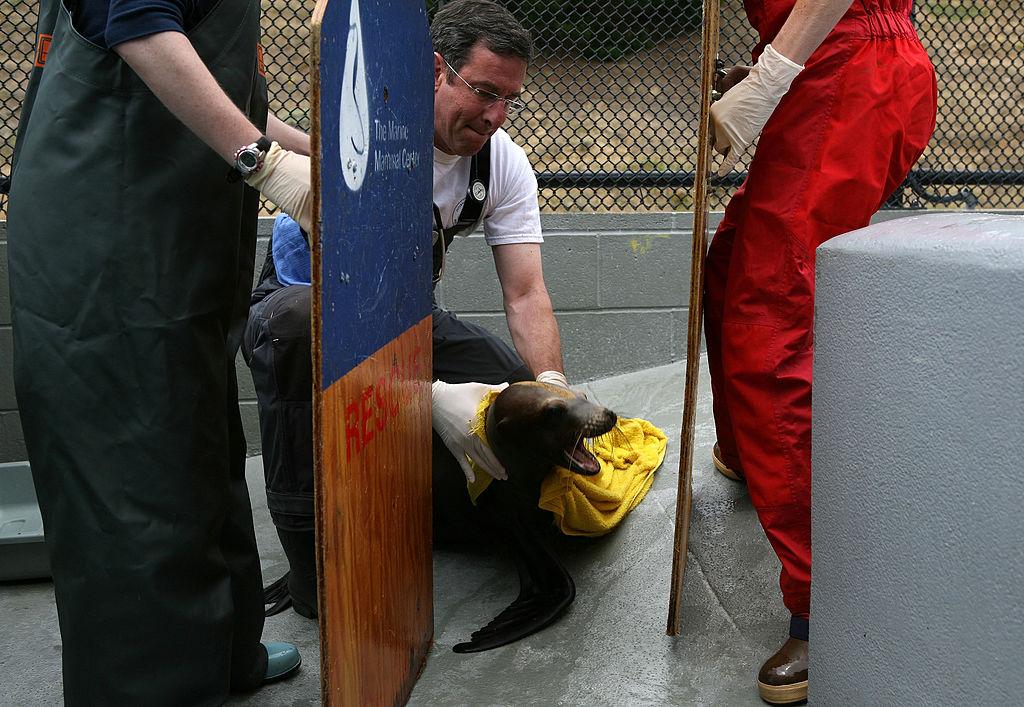
Animals are important for the planet and its people for many reasons. Thankfully, there are numerous organizations that exist to work for the conservation of animal populations and environments of all kinds. There are also plenty of ways to get involved and make a positive change.